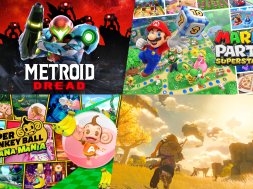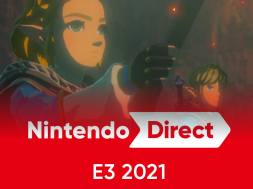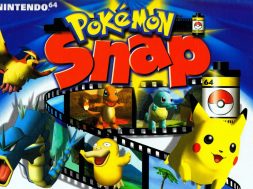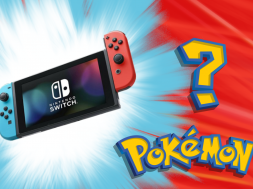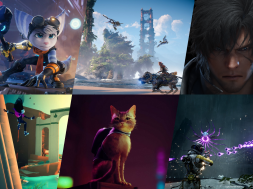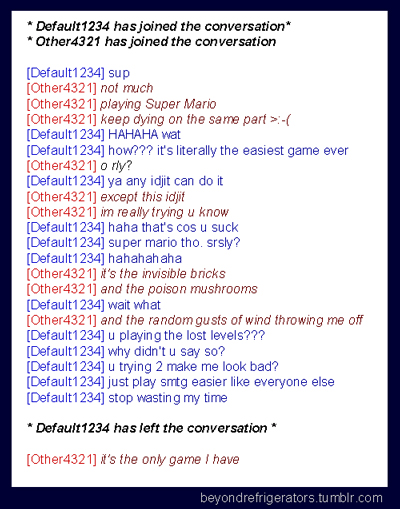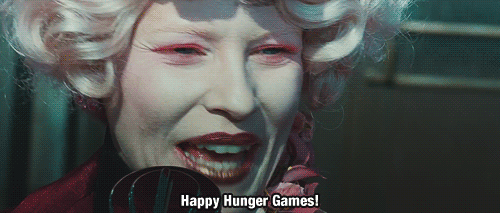
Compression. Repression. Oppression.
The external pressure placed upon us shapes our lives, narrowing our present options and future paths. The ability to yield to external pressure is necessary to function in our society-as-is. At its best, accepting external authority enables social stability, democratic government or scientific advancement. Sadly, we know it is a surrender demanded more invasively of some people than others. Prejudice, inattention and unchecked assumptions erodes a person’s ability to trust external authority as their surrender is rewarded with injustice.
A given system may in theory be transparent, fair and equally accessible to all, and considered equipped to counter casual injustice with rigorous checks and balances. Yet if the system is based on biased assumptions, it will continue to fail people no matter the quality of its execution. As all systems are built by humans, all systems are vulnerable to human bias. This is extremely difficult to identify in a single instance, for bias is a pattern that only emerges over time.
That is, assuming anyone even thinks to check.
Within an oppressive system, there is no need for an individual to be prejudiced for injustice to occur. The system itself ensures that an unjust outcome happens most of the time, while also protecting any individual who is actually prejudiced behind a veil of grey areas and plausible deniability. We all crave food, warmth, shelter, money, love, purpose, worth, beauty; but if the system doesn’t like you, if you don’t fall inside the bell curve, then you will be reminded of that fact at every turn. One flavour of person is normalised artificially through years of social conditioning, by the stories we tell or the pictures we share or the achievements we celebrate all featuring the Default as the hero while the Other falls out of memory.
The vulnerable person who attempts to negotiate an oppressive system struggles to succeed on merit alone. Even if they turn in an impeccable performance according to the rules, their success could at any point be jeopardised by external factors, such as encountering or having to depend on a prejudiced individual. Essentially, for an oppressed person, work is not enough; they will also need luck. Sometimes, the attrition of success is too high a cost. Sometimes, we decide to make do with the space we are given, and shrink ourselves to fit. But stories?
Stories are infinite.
In the world of the Hunger Games, society is arranged so that food is scarce for some and abundant for others. In the poorer Districts, the scarcity of food is directly experienced by people and the stress of that scarcity permeates their whole lives. In the well-off Districts, food is just background noise to the serious business of entertainment and social performance.
If Jurassic Park taught us anything, it’s that a closed system is impossible to maintain. Therefore the Hunger Games themselves act as a release valve for the tension of social inequality. The tributes fight to the death seemingly to feed their people, but the distribution of food is of secondary importance. The real show is to display the power of the richer Districts, who may treat casually what others die for.
In reality, the richer Districts could feed the poorer Districts at any time if they so chose. That breath of hope keeps the poorer Districts quiescent. The withholding of rescue, while indirectly a threat to any who might question it, also keeps the richer Districts amused. In a person, we would call that sadistic. In a society, it’s called capitalism.
Such fun.
The game is an artificial construct, yet it is made real by people behaving as if it were real. Katniss plays along for a time, but her power is her understanding that it is not real. She refuses to accept their rules for her behaviour, and so destroys the illusion. She changes the story and thus, the world.
The Hunger Games is a useful illustration of an oppressive system because food is one necessity we all have in common. As a human being, you eat or you die.
There are some people who grow their own food, but many simply buy it pre-grown in chilled fluroscent-lit buildings or pay other people to deliver it. When we buy food, we take it on faith that the label is accurate, because we want to believe that the system that produced it is a good system and designed for our benefit. We believe that it’s safe because someone somewhere is watching over the system and that means we don’t have to pay attention to what we individually consume. And most of the time for most of the people the system works just fine which is why we keep using it, but sometimes we discover that the system is corrupted and what we bought in good faith is not beef, but horseburgers.
Now, some may say that eating horse is not far different from eating cow, so no real harm has been done. It’s one argument, although I doubt they’d be as open-minded about eating used-diaper-burgers. The point is, if we may be sold horseburgers despite paying for beef, what else are we unknowingly consuming? Do we have a Food Safety Authority for ideas? And what if the problem is not one of contamination, but that the system itself is toxic by default?
For a possible answer, let’s look at the single most dynamic, exciting and relevant philosophy of the twenty-first century: feminism.
It’s rarely framed that way, is it?
Feminism began simply by taking seriously the revolutionary notion that women are human, yet it has continued to evolve into so much more. At its core, modern feminism is a philosophical movement that attempts to identify the origins of our assumptions and test them for truth. It seems like this would be a useful function in a society where the dispersal of information more and more resembles a game of Chinese Whispers.
Yet over and over, feminism is relegated to the special interest section of academia, dismissed as a niche interest, pushed outside of ordinary work, of ordinary life. To be a feminist, presumably, means to take position on the outside, looking in at non-feminists with a scrutinising scowl and wagging finger. This separation allows society at large to distance itself from the warnings feminists give about the origins of the ideas they are consuming, only reluctantly implementing their advice for the worst offences and consistently mocking them for their efforts.
Never mind that every day real people lose precious time from their actual lives having to explain over and over that no, the earth is not flat and yes, selling horse as beef is wrong and no, theoretical legal equality is not actual equality and yes, it is possible to be oppressive without intent and no, the way society is arranged is not the natural order of things and yes, talking about it is important and no, talking about it “more nicely” will not make people listen unless they want to and yes, erasing particular types of people from our shared cultural narratives affects how we perceive those people and no, the people who benefit from the system are not so worthy that they are above oppressive self-interest and yes, that means that the people who can change the system don’t want to change the system and nothing will ever change unless we fight for it.
No, never mind all that. They have demonstrated their answer, over and over and again:
If the status quo is toxic, quarantine the cure.


